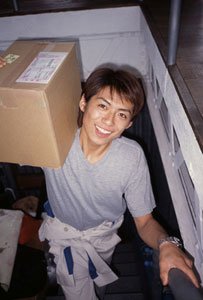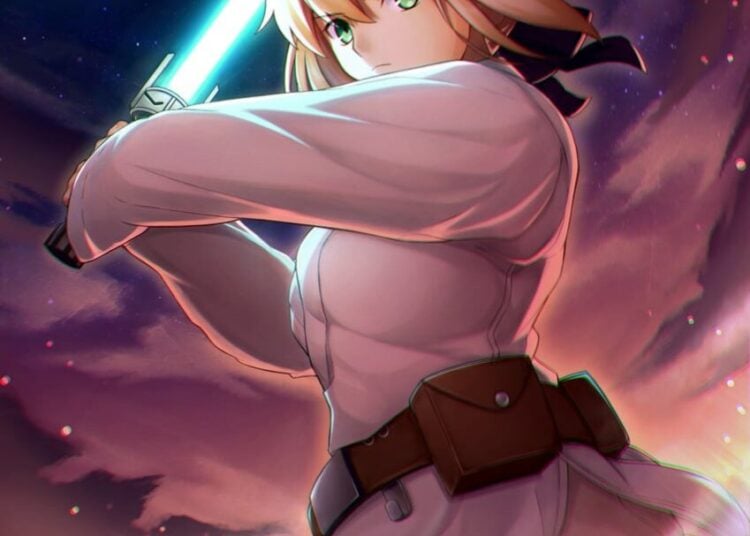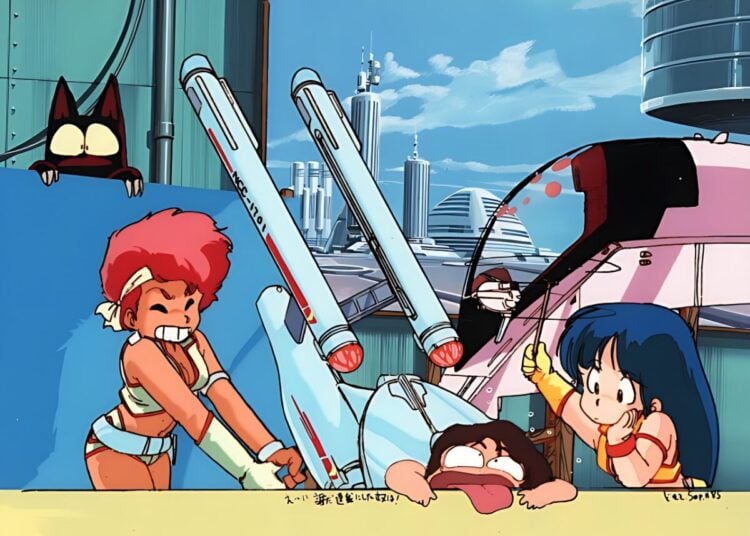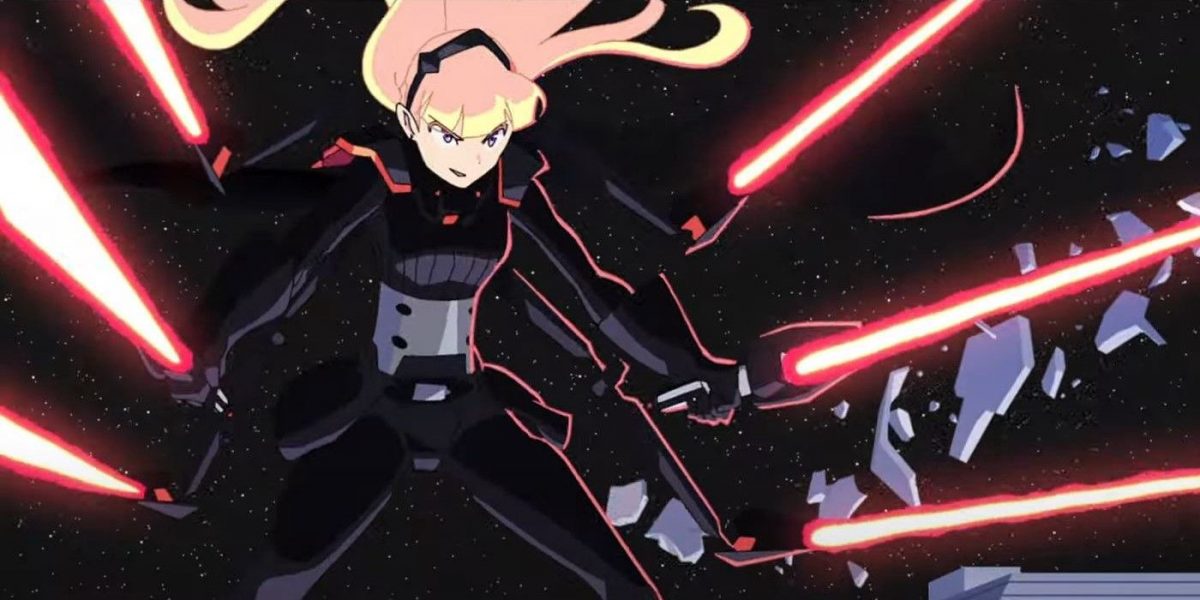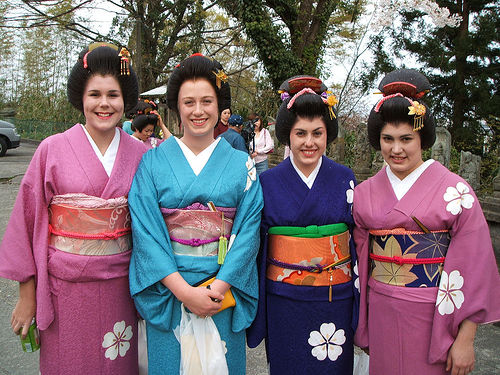A lot has changed in the 17 years that I’ve lived in Japan. I arrived here in 1991, also known as Heisei 3, being the third year of the current Emperor’s reign. Although this sounds really cool if you imagine it in Star Wars terms, with the Emperor sitting in a high-backed chair or something, in reality the Japanese Emperor doesn’t do that much. Back then, the Tokyo land bubble, which saw the value of Japan’s capital climb higher than that of the entire USA, had just burst, but the economy was still humming along fairly well. Back in those days, it was a given that most young people entering the workforce would take a full-time job with a large company where they’d enjoy de-facto lifetime employment. Well, for males, anyway — in those days, as now, the majority of women chose to quit their jobs within a few years after getting married, often despite spending years on their educations beforehand. After the roller coaster ride of the past decade and a half, however, many things have changed: for example the staff of J-List find themselves working in a company founded by an American, with a highly competent female (my wife) as company president. Today no one expects to be able to work at the same company throughout their career, making Japan a little more like traditional economies in the West. Perhaps in response to this general change in thinking, a sizeable class of young people who choose not to bother with full-time employment at all has appeared. They’re called “Freeters,” people between the ages of 15 and 34 who live at home and who are happy to bounce between part-time jobs without beginning a formal career. In order to spur the economy, the government is trying to come up with ways to get more young people to see the benefits of working full-time, including stability, opportunities for personal growth and higher income. Personally, I’ve long thought that Japan should institute a draft of persons between the ages of 18-20, as countries like South Korea and Switzerland do, to give Japan’s youth some purpose and toughen them up for the challenges that await them in life. Young people in Japan are extremely heiwa-boke, a word that literally means “soft in the head from too much peace,” and maybe serving a couple years in the Self-Defense Forces would do them some good.
